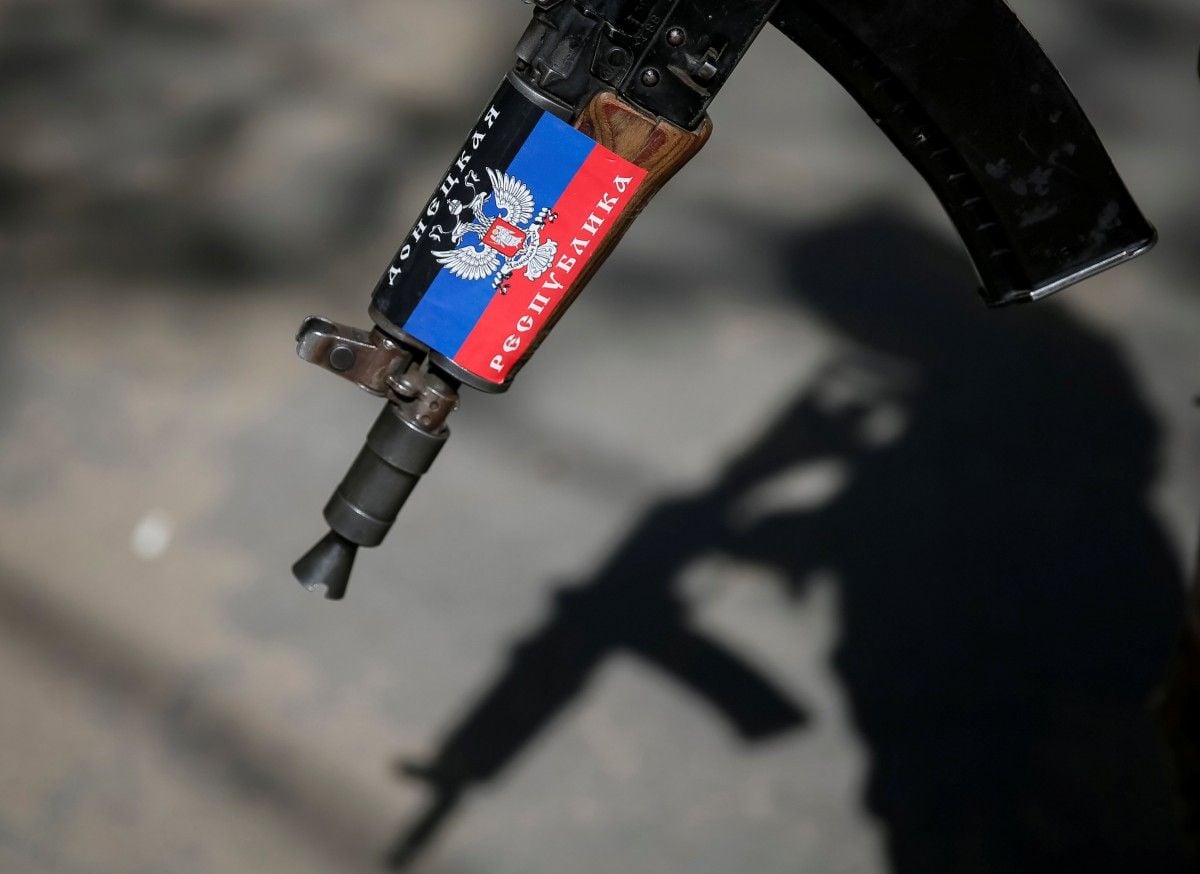
"There will be elections in the 'republics' of Donbas. On November 2, 2014, there were elections of heads of the 'republics' and elections of people's assemblies, i.e. 'parliaments of the republics.' The term of their authority is four years, it is expiring. Their activities are not regulated in any way by the Minsk agreements, so we can expect that these elections should be held on time, in the autumn of 2018," Chesnakov said.
As UNIAN reported earlier, on November 21, a conflict escalated in Luhansk between the leaders of the "LPR" militants, Igor Plotnitsky and Igor Kornet, while other groups of militants controlled by the neighboring "DPR" leader Alexander Zakharchenko and forces of the Russian FSB also joined the confrontation.
Read alsoRussia's FSB arresting Plotnitsky's allies in occupied Luhansk – UA Def. MinistryOSCE Special Monitoring Mission's observers recorded a significant build-up of military equipment and armed men in the center of Luhansk, blocking main roads and cordoning off administrative buildings.
Ukrainian Foreign Minister Pavlo Klimkin said that Luhansk was seeing conflicts not only between local gangs but also between the Russian special services.
On November 23, Zoryan Shkiryak, the advisor to the Ukrainian Interior Minister, informed that Plotnitsky had fled Luhansk for Russia, while 1,000-strong regular units of the Russian Army entered the city, including special forces of the GRU [military intel] and special forces of the Russian interior ministry, along with heavy military equipment: tanks, armored personnel carriers, and artillery units.
On November 24, it was reported that the so-called "minister of state security of the LPR" Leonid Pasechnik became the leader of the "LPR." According to him, Plotnitsky had "resigned" citing health reasons. He also said Plotnitsky had been appointed as an authorized representative of the "LPR" for the implementation of the Minsk agreements.

